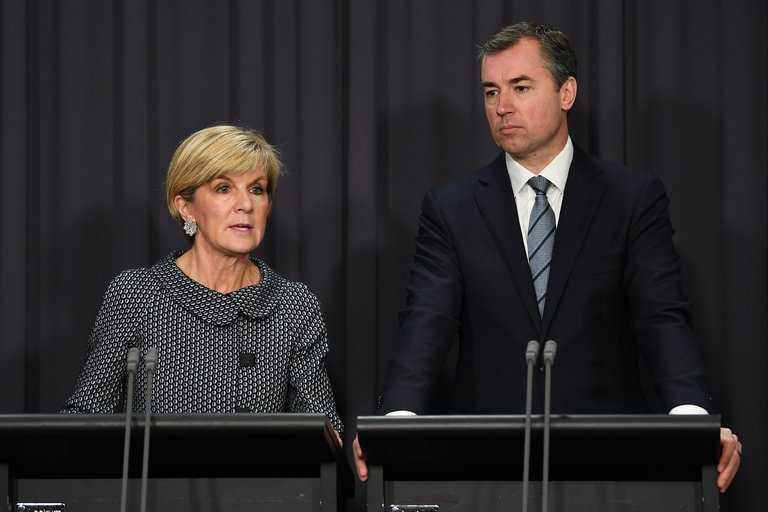
The Australian government plans to revoke the passports of registered child sex offenders in a significant effort to help combat the booming child sex trade in Asia, officials announced this week.
Under the proposed legislation, about 20,000 people on the country’s sex offender registry would be prohibited from leaving the country. Child sex tourists from Australia are among the most active offenders in the sex trade, particularly in nearby Southeast Asian countries.
“Australia is leading the way when it comes to protecting vulnerable children overseas,” Julie Bishop, Australia’s foreign affairs minister, said at a news conference. “We are ensuring that Australian registered child sex offenders are not able to take part in the growing child sex tourism trade.”
Officials in Australia, who described the plan as a first of its kind worldwide, began to pursue the legislation after noticing an increase in registered sex offenders leaving the country.
The Australian government plans to revoke the passports of registered child sex offenders in a significant effort to help combat the booming child sex trade in Asia, officials announced this week.
Under the proposed legislation, about 20,000 people on the country’s sex offender registry would be prohibited from leaving the country. Child sex tourists from Australia are among the most active offenders in the sex trade, particularly in nearby Southeast Asian countries.
“Australia is leading the way when it comes to protecting vulnerable children overseas,” Julie Bishop, Australia’s foreign affairs minister, said at a news conference. “We are ensuring that Australian registered child sex offenders are not able to take part in the growing child sex tourism trade.”
Officials in Australia, who described the plan as a first of its kind worldwide, began to pursue the legislation after noticing an increase in registered sex offenders leaving the country.
In the first six months of 2013, 150 registered offenders took trips elsewhere, an increase from 60 in the prior six months, the Australian Federal Police reported. Last year, 800 registered sex offenders took trips outside Australia, according to the country, and more than 250 of them left without permission.
When the latest sex offender travel figures were released in November, Prime Minister Malcolm Turnbull of Australia called the travelers “a disgrace to Australia” and vowed to work with legislators to enact stricter laws to fight sex tourism.
The legislation now needs to be passed by Parliament before it can become law. About 90 percent of the bills introduced in the Australian Parliament become law.
Newsletter Sign Up
Thank you for subscribing.
An error has occurred. Please try again later.
You are already subscribed to this email.
View all New York Times newsletters.
- See Sample
- Manage Email Preferences
- Not you?
- Privacy Policy
- Opt out or contact us anytime
Child sex tourism, a multibillion-dollar business worldwide, exists almost everywhere but is widespread in some countries near Australia. Countries like Thailand, Cambodia and the Philippines, which have struggled to protect children from sex tourism, can be reached from Australia within an 8- to 15-hour plane ride.
In recent years, the Australian government has come under increasing pressure by watchdog groups and activists to crack down on its citizens molesting children in other countries. In 2008, the Australian ambassador to the Philippines worked with that country to encourage tourists to report suspicious behavior between adults and children there.
In 2010, the Australian government went so far as to buy advertisements in newspapers to remind its citizens that they can be prosecuted for molesting children in other countries. The campaign coincided with tougher laws enacted in Australia that carry up to a 25-year prison sentence for anyone who engages in sexual activity with children overseas.
Prison sentences for sexually assaulting children in Australia vary by state and by the age of the victim, but they can carry a maximum penalty of 25 years in some areas.
A 2015 investigation by the Australian publication The Monthly found many children in Angeles City, a top destination for sex tourism in the Philippines, had Australian names and had received child support from men in Australia.
Under the proposed law, the Australian government said that offenders could continue to travel outside the country in some circumstances and that the ban would remain only as long as someone stays on the registry.
We’re interested in your feedback on this page. Tell us what you think.



























